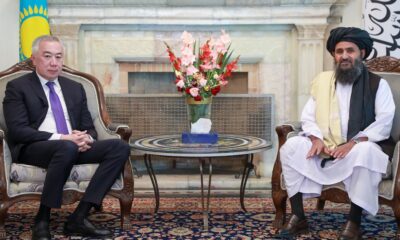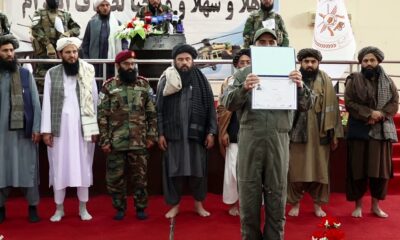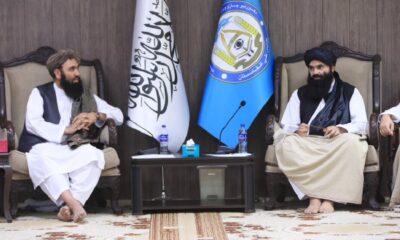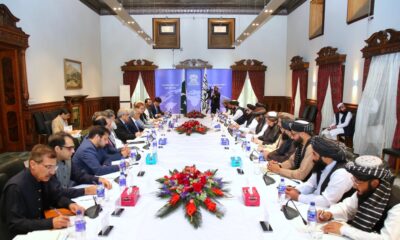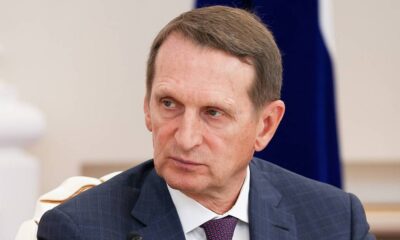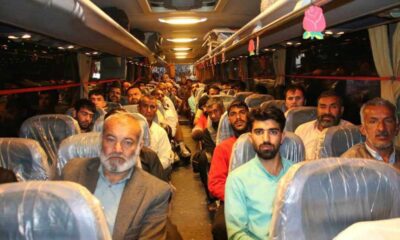Latest News
1400: A tumultuous year for Afghanistan politics
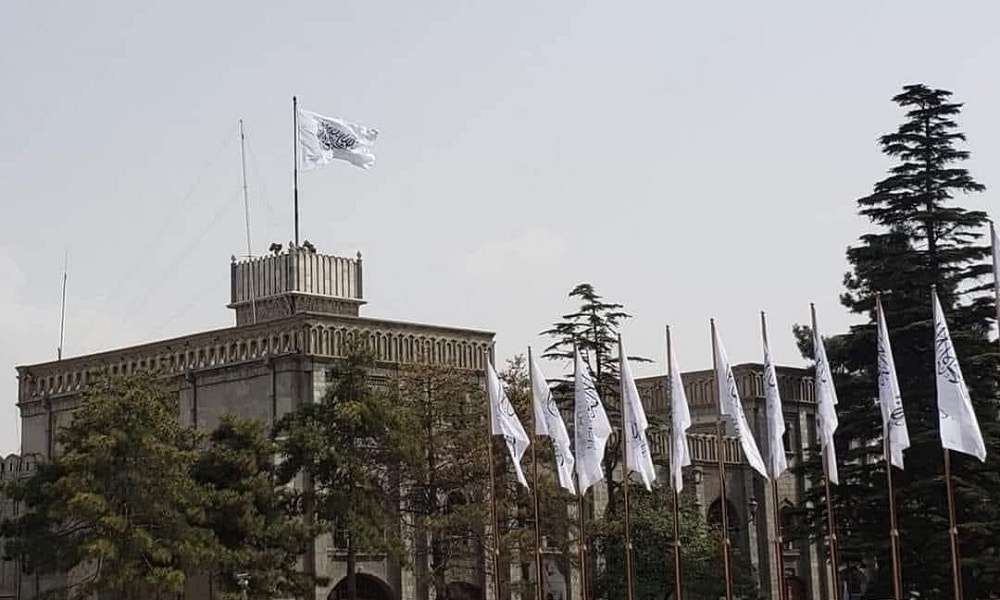
From the collapse of intra-Afghan peace talks to the Islamic Emirate’s return to power, 1400 was filled with major political events.
On 11 Hamal, (March 31) a crucial summit on peace was scheduled to start in Turkey, a meeting that was at the time dubbed the second Bonn conference.
However, the summit failed to take place due to disputes within the ranks of the former government and a disagreement over the agenda.
Peace negotiations between the IEA and an Afghan delegation in Doha also failed to provide results and collapsed in the month of Saratan (July).
A visit to Doha by former Afghan president Hamid Karzai and his delegation also ran into problems and was called off just one day before the collapse of the former government.
At the time, sources from the presidential palace said the delegation had beern barred from travelling by then president Ashraf Ghani.
On 24 Asad (August 15), the Western-backed government collapsed without warning after 20 years. Ghani and many other high-ranking government officials fled the country just hours before the IEA swept into Kabul and took over.
Ghani’s desertion was confirmed and announced by former CEO Abdullah Abdullah and days later it emerged the former president had flown to the UAE.
As IEA forces entered the presidential palace, its leaders celebrated what they called a victory against the United States and the West.
However, the world was shaken by the Republic’s sudden collapse.
What followed was a chaotic evacuation process of foreign troops, diplomats and foreign workers – along with tens of thousands of Afghans.
Since then, world alliances and international organizations such as the United Nations, the European Union and NATO have held emergency meetings on Afghanistan. The Organization of Islamic Cooperation (OIC) also held a meeting on Afghanistan in Pakistan.
The UN has since scrambled to help ward off a major humanitarian crisis in the country, while the United States has defended its position after having come under fire for the way it handled the situation.
For the IEA’s part, it has appealed to the international community to work with them and the new order immediately brought about a semblance of security.
Latest News
China keen to invest in Afghanistan’s agriculture sector: Ministry
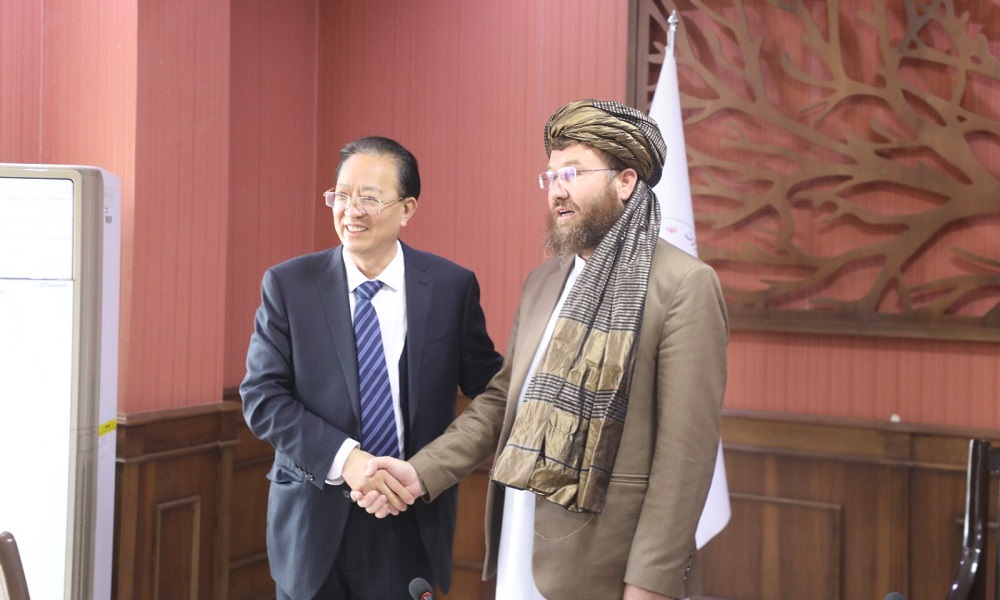
Acting Minister of Agriculture, Irrigation and Livestock, Attaullah Omari, on Tuesday met with a delegation and representatives from the Chinese private sector in Kabul and they discussed expanding cooperation, investment in agriculture, livestock, and irrigation, as well as sharing China’s experiences with Afghanistan.
In a statement, the agriculture ministry said that the Chinese delegation emphasized the Beijing private sector’s interest in investing in Afghanistan’s agriculture and livestock sectors.
The Chinese delegation also expressed readiness to begin practical projects once certain facilities such as land leasing are arranged, the statement read.
The Chinese delegation also met with Nooruddin Azizi, the acting Minister of Industry and Commerce.
During this meeting, Azizi stated that they would provide all necessary facilities for foreign investors.
Over the past three years, most Chinese companies have shown interest in investing in Afghanistan’s mining sector. However, this marks the first time that Chinese investors are seeking to invest in the country’s agriculture sector.
Latest News
Afghanistan to showcase goods at expo as part of KazanForum
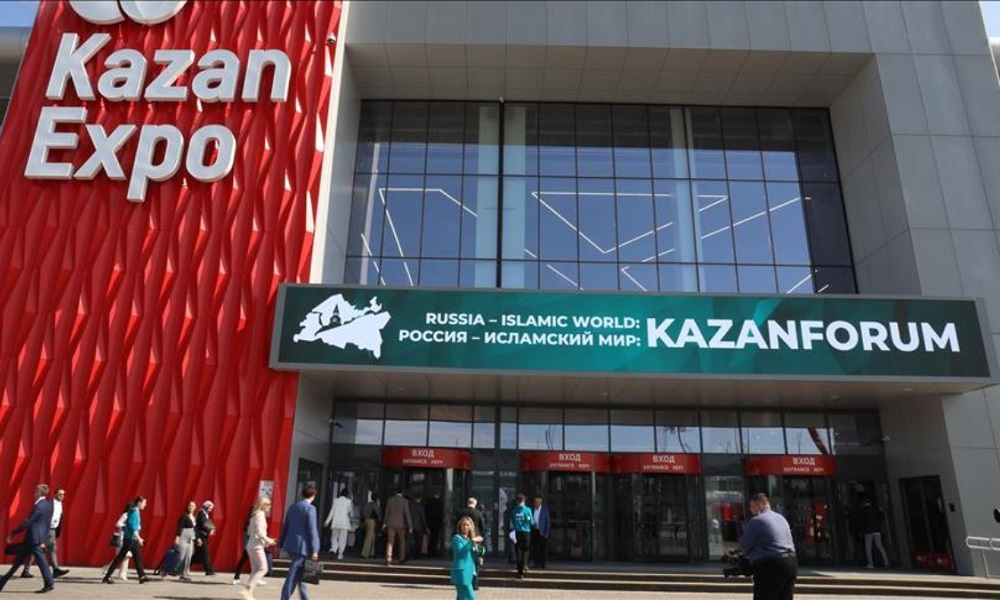
Afghanistan will showcase goods, made in the country, at the KhazanForum in Russia next month, the Russian Economic Development Ministry’s department director Pavel Kalmychek said.
“The government of Tatarstan agreed to provide a platform for an exposition of goods from Afghanistan, there will be an exposition. I am confident that it will generate a certain interest, especially in the light of the recent decisions on lifting the ban on the Taliban (Islamic Emirate),” TASS quoted him as saying.
This comes after Russia’s Supreme Court last week scratched the Islamic Emirate from its list of banned organizations.
Zamir Kabulov, Russia’s special envoy for Afghanistan, confirmed recently that a Russian-Afghan business forum will be held on the sidelines of the KazanForum.
He said Russia’s delegation would be led by Deputy Prime Minister Alexey Overchuk, while Afghanistan would be represented at a high government and business level, TASS reported.
The 16th International Economic Forum ‘Russia – Islamic World: KazanForum’ will take place on May 13-18 in Kazan.
The main theme for this year has been defined as ‘Digitalization: New Reality and Additional Opportunities for Expanding Cooperation’.
Latest News
Afghan-American appointed to lead US policy on Afghanistan
Bischoping, is her married name, which comes from her German-American husband. She was born and raised in California.

An Afghan-American attorney, Mary Kabir-Seraj Bischoping, has been named deputy assistant secretary of state for Afghanistan and will oversee Washington’s foreign policy on Afghanistan under the Bureau of South and Central Asian Affairs at the US State Department.
Previously, US engagement on Afghanistan was led by Thomas West, former Special Representative for Afghanistan, and Rina Amiri, who served as Special Envoy for Afghan Women, Girls, and Human Rights.
Bischoping, 33, is a descendant of the Barakzai royal dynasty, which ruled Afghanistan from 1823 to 1978 and is the great-granddaughter of King Amanullah Khan and Queen Soraya Tarzi. Her grandmother was Latifa Kabir Seraj, one of Afghanistan’s first female journalists.
Bischoping, is her married name, which comes from her German-American husband. She was born and raised in California.
According to a biography released by the University of Virginia, Bischoping’s family fled Afghanistan after the Soviet invasion in 1979. Her parents completed their education in Europe before settling in Southern California.
Bischoping earned her undergraduate degree in Political Science from the University of California, Los Angeles (UCLA) in 2016 and later received her Juris Doctor (JD) from the University of Virginia School of Law. She is fluent in English, Persian and German.
Following the US withdrawal from Afghanistan in 2021, Bischoping joined the Office of the Legal Adviser at the State Department. In 2023, she was appointed Senior Counsel to the U.S. House Foreign Affairs Committee, where she led Republican-led oversight investigations into the Afghanistan withdrawal and advised on regional strategy.
Prior to her Congressional role, Bischoping served as a legal adviser at the State Department, clerked for Judge Kent A. Jordan on the U.S. Court of Appeals for the Third Circuit, and worked at major law firms including Gibson, Dunn & Crutcher and Willkie Farr & Gallagher in New York.
Her appointment to this high-level diplomatic post reflects a combination of legal expertise, policy experience, and a personal understanding of Afghanistan’s complex history—positioning her to play a key role in shaping future U.S. engagement with the region.
-
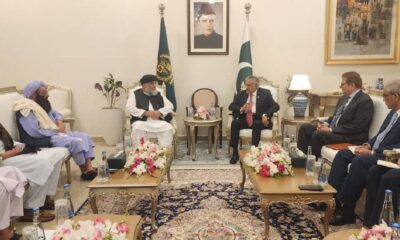
 Latest News5 days ago
Latest News5 days agoAzizi and Ishaq Dar discuss bilateral issues in Islamabad
-
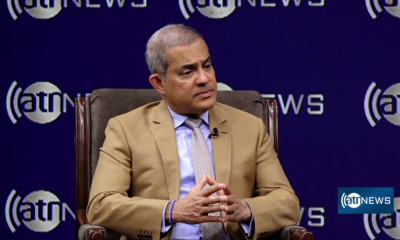
 Latest News5 days ago
Latest News5 days agoEngagement and diplomacy key to solving Afghanistan’s challenges, says Ratwatte
-

 Sport4 days ago
Sport4 days agoAfghanistan qualify for U19 Cricket World Cup 2026
-
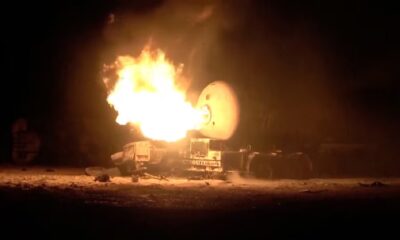
 Regional4 days ago
Regional4 days agoDeadliest US strike in Yemen kills 74 at oil terminal, Houthis say
-
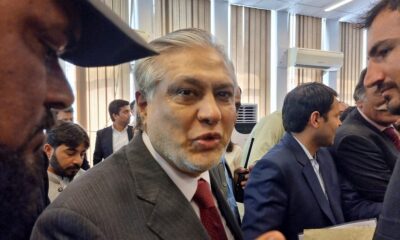
 Latest News5 days ago
Latest News5 days agoPakistan’s deputy prime minister to visit Kabul Saturday
-

 World3 days ago
World3 days agoThousands of protesters rally against Trump across US
-

 World4 days ago
World4 days agoIran, US end nuclear talks in Rome, agree to meet next week
-

 Latest News3 days ago
Latest News3 days agoPolio vaccination campaign launched in Afghanistan


